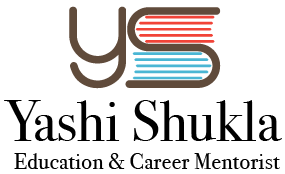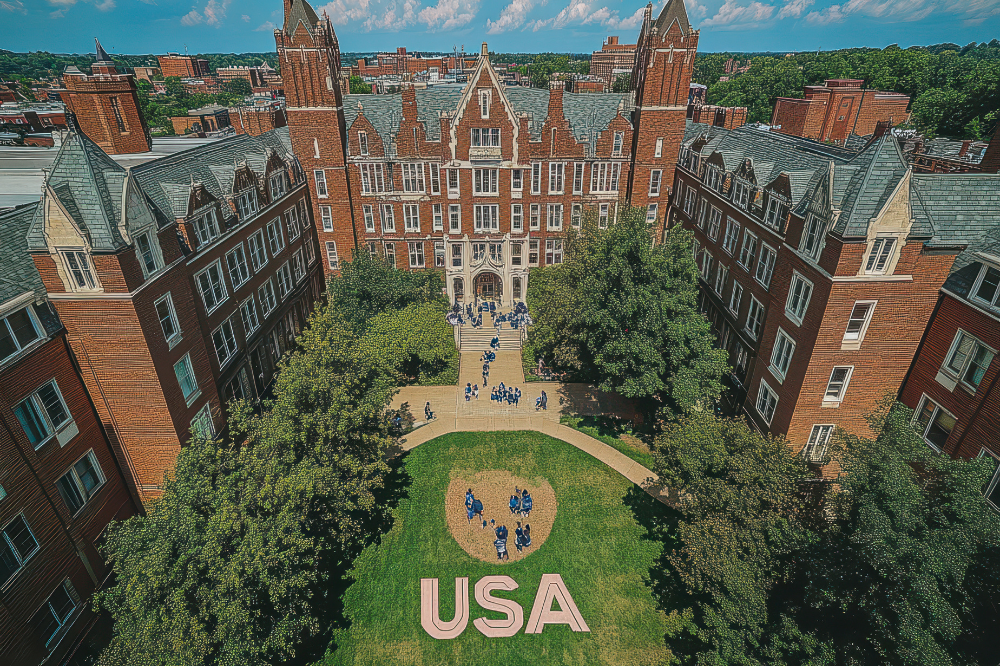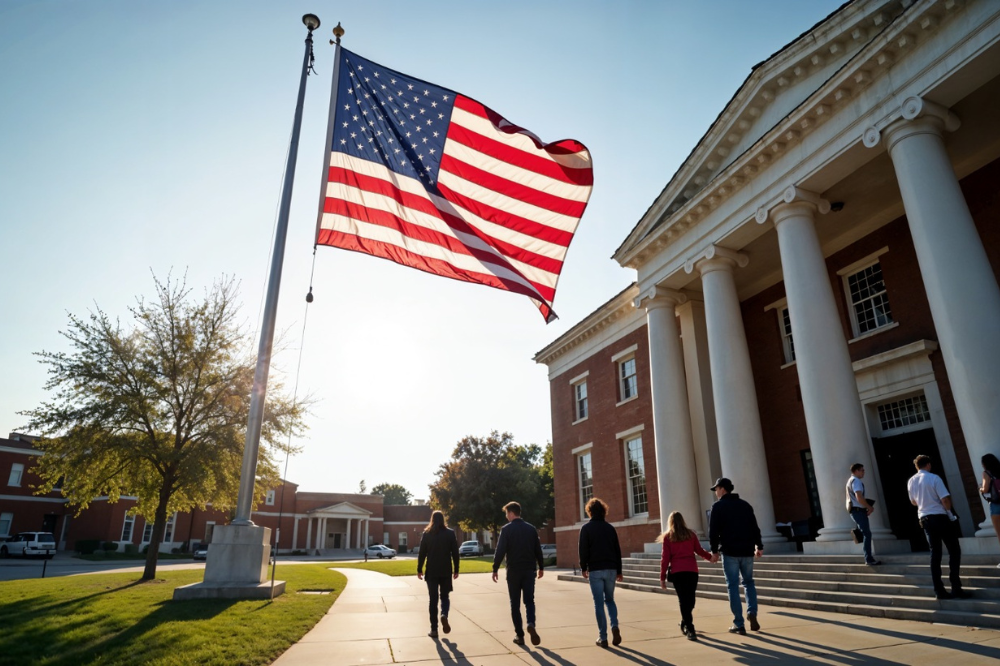When a student talks about studying abroad, the Massachusetts Institute of Technology always tops their priority list. MIT is a globally acclaimed private university that is situated in Cambridge, USA. The university is considered to have excellent programs in engineering, physics and other fields of science. With more than 28,000 applications every year, the research university’s history dates back to more than 150 years. However, only a fraction of candidates secure enrolment due to the extremely competitive nature of the institute.
Let’s unravel how a candidate can secure admission into MIT from India with the help of this blog.
Why Is MIT Students Number One Preference?
MIT is a prestigious global university that is well known for it’s excellence in research and technology, which definitely makes it a global leader. Not only academically, MIT has a whopping licensing revenue of around USD 87.4 million and is also the home for more than 60 music theatres, visual arts, writing and dance groups. MIT can also be considered a cultural hub due to it’s 12 museums and galleries alongside 60 public works of art.
Each year, only 120 international students are accepted by the MIT admissions officer among the thousands of applicants, but here are some reasons why a candidate should choose MIT as their future university.
- The state-of-the-art in research and renowned faculty opportunities that MIT has to offer are unparalleled.
- MIT alums are considered to be global leaders and pioneers in their domain who can provide some amazing guiding points to students on careers and networking.
- MIT also has an unmatched cultural diversity on their campus, as their enrolled students come from various backgrounds and cultures from across the globe.
- With a QS World Ranking of Number 1 in the year 2025, a degree from MIT holds an excellent academic value that can create pathways for various career opportunities.
Ways To Get Into MIT From India
With great rankings comes great responsibility. MIT, which is one of the top-ranked universities, is also known for its competitive admission process—to be a student at MIT, a candidate has to be among the top 4%, which means that the acceptance rate of the prestigious global leader is just 4% and an applicant has to meet certain requirements that can nurture the chances of getting admitted.
Indian students that are applying at MIT have to submit the following documents:
- Official transcripts, translated into English.
- A GPA of 3.5 or higher
- 2 to 3 Letter of Recommendation
- An SOP (Statement of Purpose)
- Essay Questions
- GRE, GMAT, IELTS or TOEFL Standardised test scores
- Application Fee of USD 75
Tips That An Applicant Can Follow To Get Into MIT
Even though securing admission into MIT can be a tough process, which can seem impossible in the beginning, with the right tips, strategy and guidance, a student can make it to the world’s most prestigious university. Here are some tips that can help an applicant:
- Aligning the essay or personal statement with MIT’s mission—which is to be a collaborative and interdisciplinary engagement university—is thought to be of the utmost importance.
- Before choosing your desired field of study, whether a graduate or a doctoral degree, always write down your aspirations from the desired program very clearly. MIT always praises applicants who have specified their fields of interest in their application essays.
- Since MIT is a globally acclaimed university, it is always a good idea to prioritise one’s academic grades. According to the official announcement by MIT Admissions, candidates who wish to pursue their further higher education at the university must have a GPA of at least 3.5 out of 5.
- MIT always encourages and values individuals who can not only excel academically but also take the extra mile to participate in supportive communities. Through the application, candidates should always show their eagerness to be a thriving part of the MIT community and how they can contribute to the institution’s ethos.
Conclusion
Getting an admission into MIT is tough because of it’s reputation, cultural rootedness, and ethos of collaboration. However, prospective students should always maintain a good academic record, with a list of extracurricular activities that can make their application stand out. With the help of diverse courses, MIT is helping Indian students thrive in various spaces, encouraging them to build a better future.












